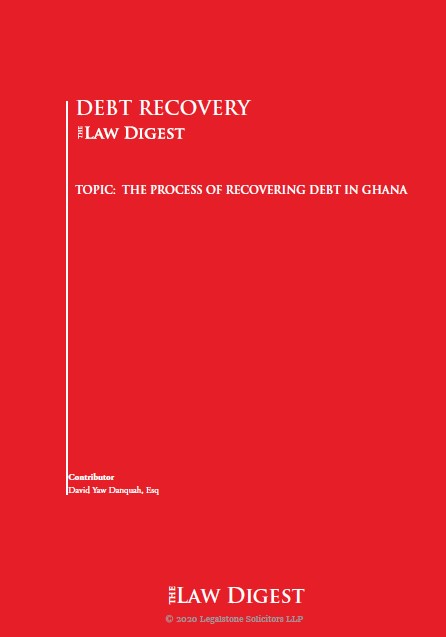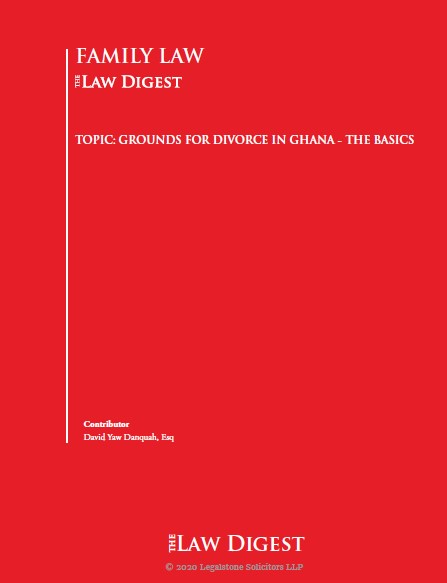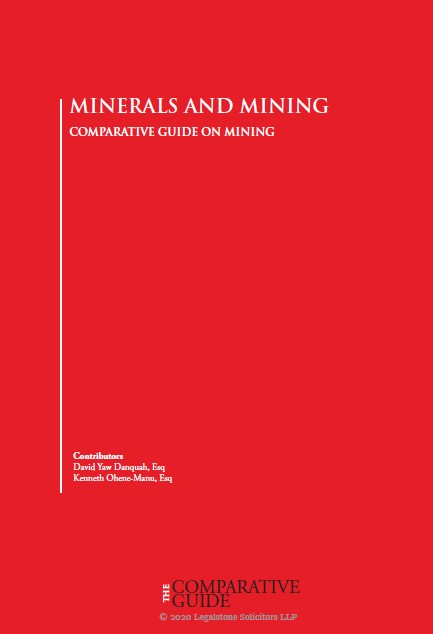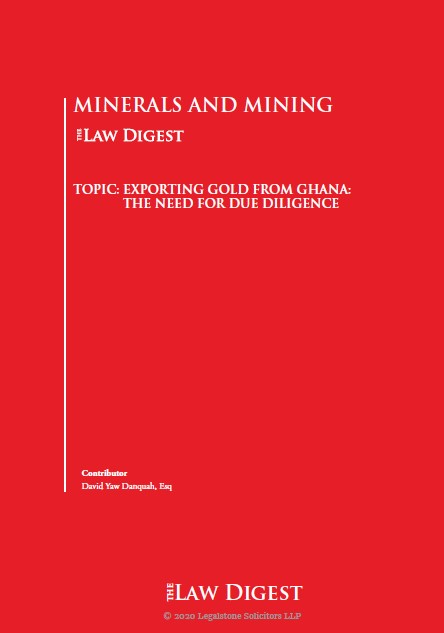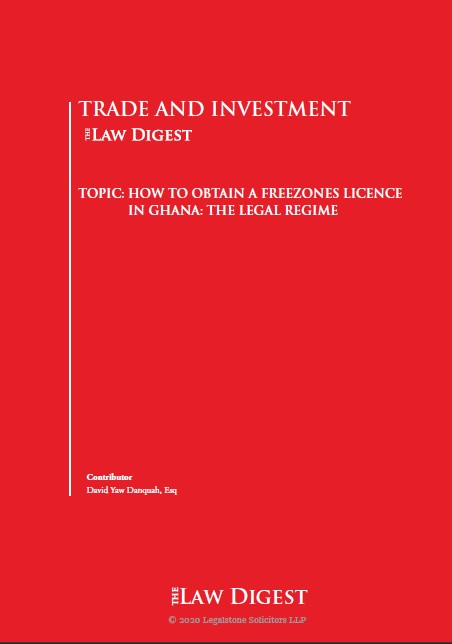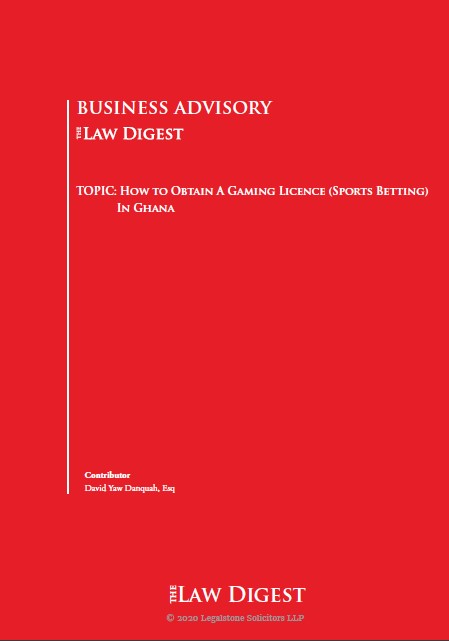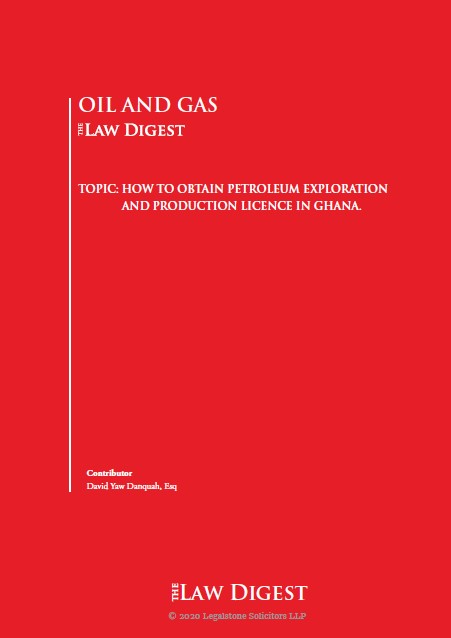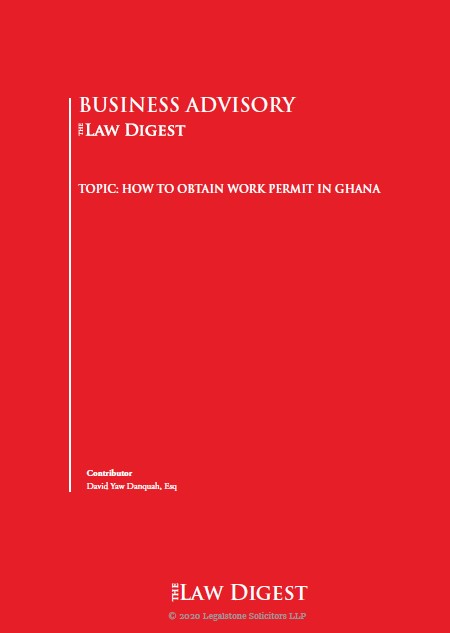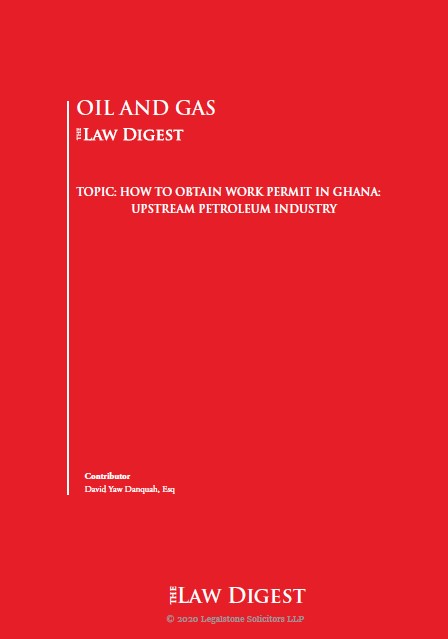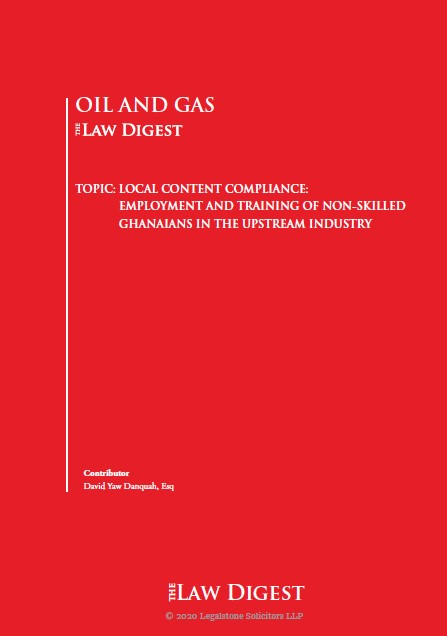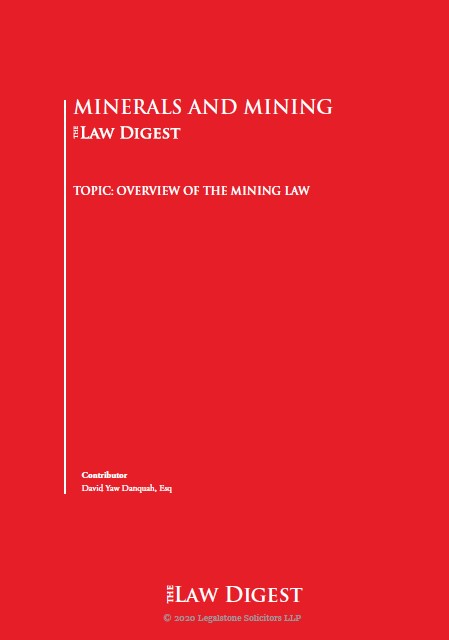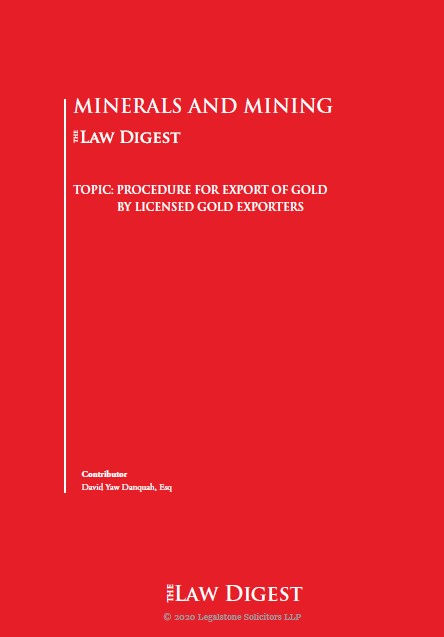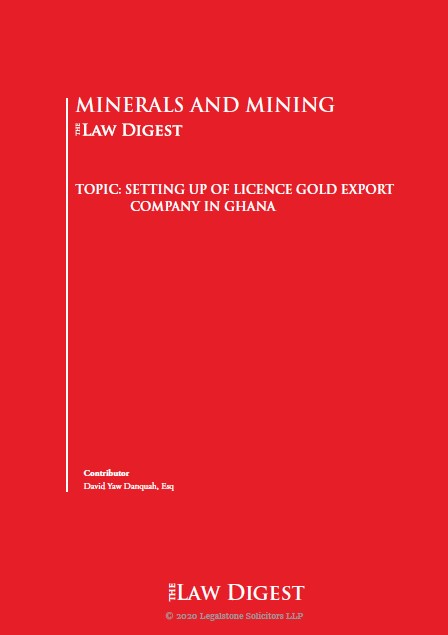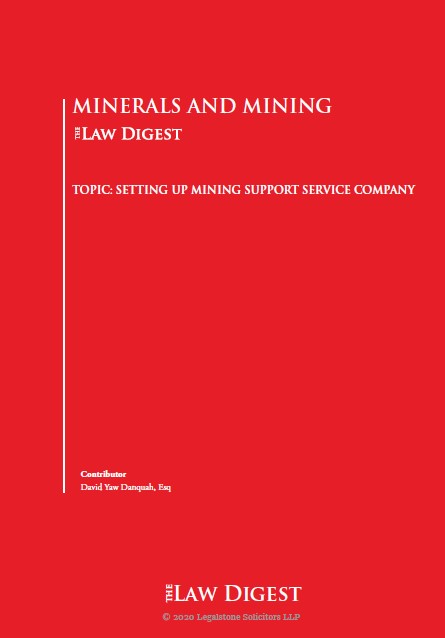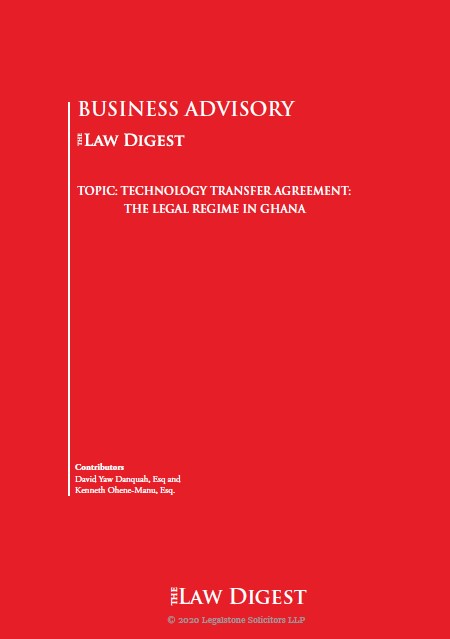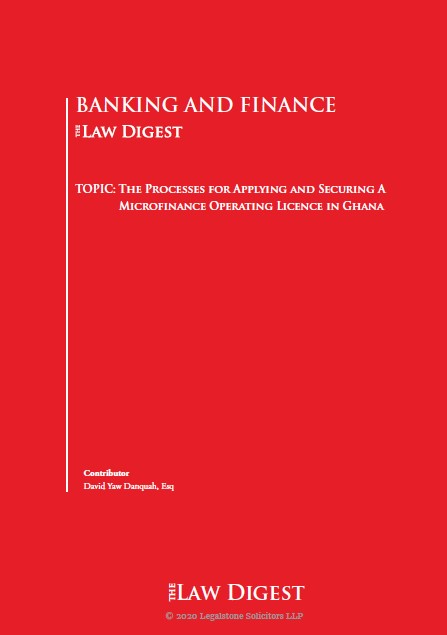
Introduction
The new Companies Act, 2019 (Act 992), having been passed by Ghana’s Parliament and assented by the President into a substantive law replaces the Companies Act 1963 (Act 179), which was in force some fifty-six (56) years. Although the old legislation has been replaced by the new Act, it is worth noting that, much of the old Act has been retained in the new one with some new features been introduced.
The new Act, however, seeks to introduce improved corporate governance standards for companies operating in Ghana. Its aim is to simplify the regulatory framework surrounding the incorporation and operation of companies while improving existing corporate governance standards that exist in the country.
Major Changes in The Companies Act, 2019 (Act 992)
- Improved Corporate Governance and Professionalism in Company Administration
Under Act 992, a company is given the privilege by law to operate and be treated as a different entity from its members. This is to ensure efficient management and control of the company’s operations.
First, Section 11 states that pre-incorporation contracts must be ratified by the company within eighteen months after its formation. This enables the company to endorse contracts existing before the company was incorporated.
Second, Act 992 outlines strict requirements in respect of appointing directors, company secretaries and auditors. The role of directors has come under strict scrutiny following the collapse of banks and non-bank financial institutions in Ghana. This compelled the Bank of Ghana to issue the current corporate governance directives for banks and non-bank financial institutions.
The Act has raised the qualifying criteria, duties and liabilities of persons appointed as directors of companies. The person appointed as a director must have the company’s best interest at heart. He/she must also be a fit and proper person. That means, he/she must be diligent in fulfilling his/her responsibilities, must have integrity and the qualifications and experience of a person appropriate for the position in the light of the activities of the entity.
The Act now also allows for companies to appoint company secretaries who are duly qualified to perform duties of a company secretary. This is a break from the existing situation where directors can appoint any person, they deemed fit. The new Act allows for companies and individuals to serve as secretaries. However, the said individual must meet at least one of the following criteria set out for company secretaries in Section 211 (3):
- has obtained a professional qualification or a tertiary level qualification that enables that person to have the requisite knowledge and experience to perform the functions of a Company Secretary,
- has held office, before the appointment, as a Company Secretary trainee or has been articled under the supervision of a qualified Company Secretary for a period of at least three years,
- is a member in good standing of
- the Institute of Chartered Secretaries and Administrators, or
- the Institute of Chartered Accountants, Ghana,
- having been enrolled to practice, is in good standing as a barrister or solicitor in the Republic, or
- by virtue of an academic qualification, or as a member of a professional body, appears to the directors as capable of performing the functions of secretary of the company.
Section 212 outline the duties of a company secretary as follows:
- assisting the Board to comply with the constitution of the company and with any relevant enactment;
- keeping the books and records of the company;
- ensuring that the minutes of the meetings of the shareholders and the directors are properly recorded in the form required by this Act;
- preparing and issuing out notices in the name of the company;
- ensuring that the annual financial statements of the company are dispatched to every person entitled to the statements as required by this Act;
- ensuring that all statutory forms and returns are duly filed with the Registrar;
- maintaining the statutory registers of the company;
- providing the Board with guidance as to the duties, responsibilities and powers of the Board and on the changes and development in the laws affecting the operation of companies;
- informing the Board of legislation relevant to or affecting meetings of shareholders and directors and their failure to comply with the legislation and reporting accordingly at any meeting;
- advising the directors on their responsibilities as directors.
The predominant practice nowadays for most companies, is to opt for qualified lawyers to fill the role of company secretary.
Now, external auditors of a company may serve for six years, and if the same wishes to serve the company again, another six years must elapse before they can engage the company. This is to eschew familiarity and complacency.
- Administrative Reforms and Improvements
The new Company Act creates an independent office called the Office of the Registrar of Companies, separate from the Registrar-General’s Department. This office is responsible for the registration and regulation of all businesses in Ghana. Also, issuance of certificates to commence business has been abolished and replaced by Certificate of Incorporation. This significant move is to simplify the registration process at the Office of the Registrar of Companies. The Office of the Registrar of Companies has a eleven-member Governing Board to ensure that the Office is properly guided and governed. Now, the Board may issue directives and guidelines, and these are published in the Companies Bulletin. In this regard, the Bulletin may contain;
- notices striking company names off the register of companies
- change of name of companies etc.
Notably, Company Bulletin is basically for information sharing.
Finally, Act 992 provides a cover up for unclaimed dividends. The Act states that if dividends remain unclaimed after three months, the money should be paid into a special account opened by the company. If unpaid after twelve months, the money plus the interest should be paid to the Registrar of Companies. If the dividend remains after five years, fifty percent of it should be paid into the Consolidated Account and the other fifty percent be retained by the Registrar.
- Enhanced Disclosure and Anti-Graft
The new Companies Act enhances disclosure and anti-graft regarding the operationalization of the companies’ objects. This is refreshing as business must be conducted above board with full disclosure and timely disclosure of information being a major priority. This implementation is not only helping in tackling corruption but also to support revenue mobilization efforts for development. Act 992 under this implementation touches on the company’s proposed stated capital, and the number of shares of the company among others. Section 13 (2) (N) (i) and (ii) states that in case of companies registered with shares, the amount of proposed stated capital as defined in section 68 and the number of authorized shares of the company for each class shall be detailed out.
Importantly, there is a central register created to capture beneficial ownership data legal person and arrangement. The details of which is succinctly provided under 373 of the Act.
Section 373 (1) sheds light on a Central Register, created to capture beneficial ownership data of legal persons and arrangements.
Third, as part of the application process, every detail concerning the company should be made applicable, and also, beneficial owners must be made known.
The First Schedule of Act 992 defines a beneficial owner as an individual:
- who directly or indirectly ultimately owns or exercises substantial control over a person or company;
- who has a substantial economic interest in or receives substantial economic benefits from a company whether acting alone or together with other persons;
- on whose behalf a transaction is conducted; or
- who exercises significant control or influence over a legal person or legal arrangement through a formal or informal agreement;
Again, the filing of Annual Returns is a requirement for all companies. The Fifth Schedule of Act 992 sheds light on additional particulars to be filed.
- Enhanced Protection of Minority Rights
The New Companies Act under Section 145 does not allow a company to enter into a major transaction unless the transaction is approved by special resolution. Major transactions include;
- The acquisition of or an agreement to purchase assets the value of which is more than seventy-five (75) per cent of the value of the company’s assets before the transaction;
- The disposal of or an agreement to dispose of assets of the Company valued at more than seventy-five (75) per cent of the value of the company’s assets before disposal;
- A transaction likely to have the effect of the company acquiring rights or interests valued at seventy-five (75) per cent of the company’s assets before the transaction.
- A transaction likely to incur liabilities including contingent liabilities the value of which is seventy-five (75) per cent of the company’s assets before the transaction.
Again, minority directors can be protected by what we call the derivative action, whereby he/she can obtain the leave of the court to sue in the name of the company. Under normal circumstances only the Board of Directors of the General Meeting can authorize a court action in the name of the company.
- Simplification of Process
At first, the age at which an individual is allowed to form a company was twenty-one (21) years. Subject to Companies Act 2019, (Act 992), the age of majority has been lowered to eighteen (18) years. Section 12 of the Act provides that a person of the age of eighteen years and above may apply for the incorporation of a company under the Act. Again, Act 992 for ease of doing business in Ghana has made provision for electronic filings/transactions. Ghana, like the rest of the world has entered the digital era, and this major change in terms of registering a company is in line with the Government of Ghana’s digital agenda. Section 378 (1) may authorize the Registrar to;
- the incorporation or registration of a company
- the reservation of a company name
- the filing of particulars
- the conversion of a company
- the filing of annual returns and financial statements
- the keeping and maintenance of a register
- arrangements, mergers, amalgamations and sale of undertakings
- the removal of a company’s name from the register upon cessation, dissolution and liquidation
- reports on statistical data on companies
- the inspection of a register
- the registration of debentures
- the transfer of debentures
- the registration of a contract or agreement for the allotment of shares;
- the registration of charges;
- keeping of books of accounts;
- the service of a notice of the document;
- the dissolution of a company;
- searches on a company register;
- an offer to be made to the public or an invitation to make an offer to the public;
- payment of fees;
- the filing of notice or document; and
- the performance of any act or thing required to be done concerning all the services above listed.
Conclusion
The Companies Act, 2019 (Act 992), coming into force some fifty-six (56) years after the Companies Act 1963 (Act 179), has introduced new and favorable features to make the incorporation and operation of companies in Ghana easier and simplified.
Notes on the contributor.
Mr David Yaw Danquah is the founder and Managing Partner of Legalstone Solicitors, a boutique law firm in Ghana with a concentration on Corporate and Commercial, Mining and Infrastructure, Debt Recovery and Restructuring, Real Estate and Construction Law, and Commercial Arbitration.
He heads the firm’s practice areas focusing on Corporate and Commercial, Mining and Infrastructure, Debt Recovery and Restructuring, and Commercial Arbitration.
David has advised on numerous investment and mining-related transactions. He also has assisted countless international entities in establishing their operations in Ghana and, through his firms, offers support services to those entities. He has an impeccable record of providing technical savvy and exceptional client services.
David is a graduate of Kwame Nkrumah University of Science and Technology (KNUST), Kumasi, where he received his bachelor’s degree in law (LL. B) and the Ghana School of Law, where he studied and received a Post Graduate Qualifying Certificate in Law (PQCL). Furthermore, he holds a Certificate in Negotiation Mastery from Harvard University. In addition, David has an LL.M. with a Merit Degree in International Dispute Resolution from the prestigious Queen Mary University of London, United Kingdom.
David is a member of the Ghana Bar Association, Association of International Petroleum Negotiators (AIPN) and Institute of Energy Law (IEL) based in Houston, U.S.
Legal Notice
The contents of this publication, current at the date of publication set out above, are for reference purposes only. They do not constitute legal advice and should not be relied upon as such. Specific legal advice about your circumstances should always be sought separately before acting based on this publication.
© Legalstone Solicitors

